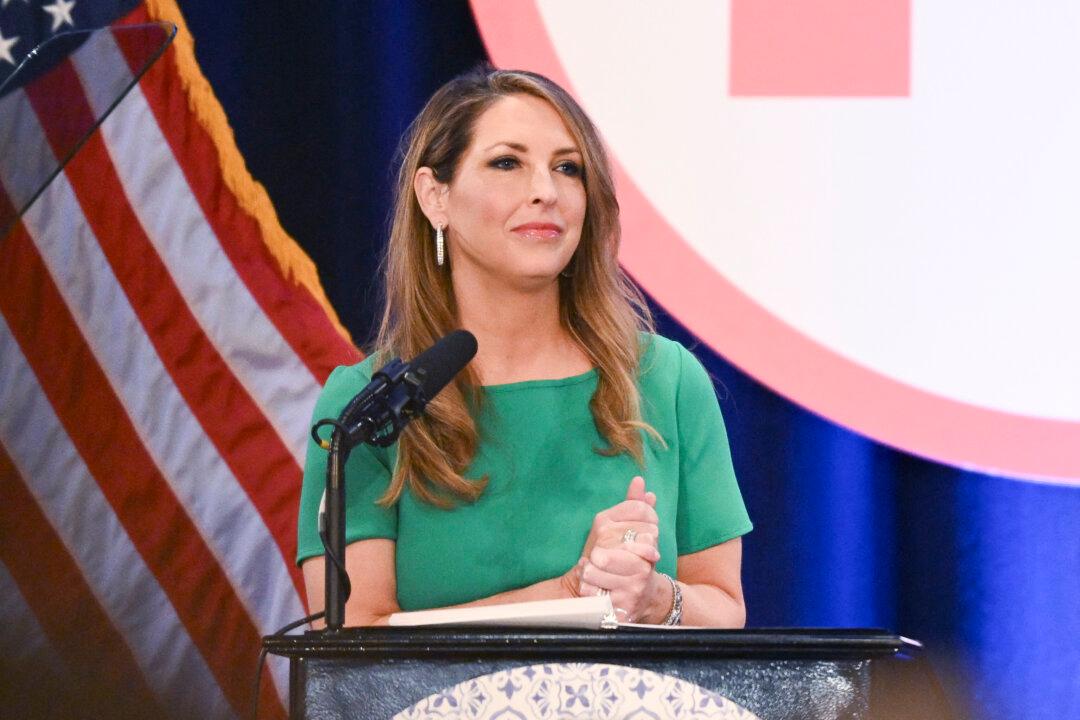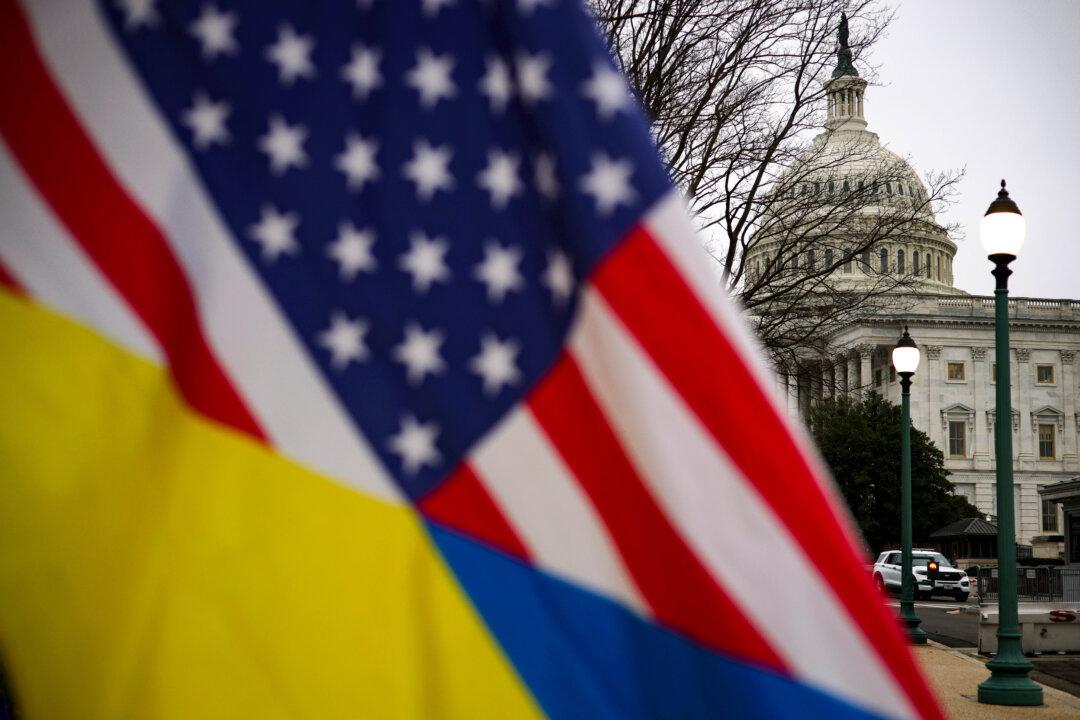Senator Bill Cassidy (R-La.) called for referring Julie Swetnick—who accused Supreme Court nominee Brett Kavanaugh of sexual misconduct—to the FBI and Justice Department (DOJ) for criminal investigation on Oct. 2.
“A criminal referral should be sent to the FBI/DOJ regarding the apparently false affidavit signed by Julie Swetnick that was submitted to the Senate,” Cassidy tweeted.




